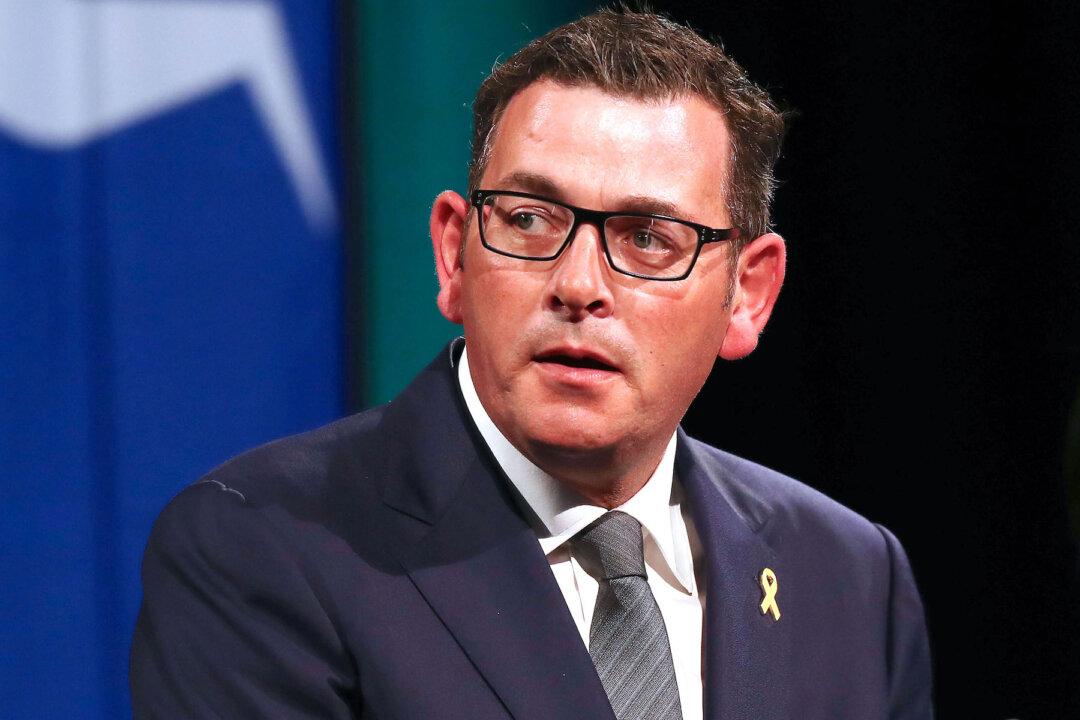Victoria’s Belt and Road Initiative (BRI) has been embroiled in further controversy this week as details of a group advocating the BRI were revealed to have received funding from the state government.
The Australian revealed on May 24 that the Australia-China Belt and Road Initiative (ACBRI) was awarded federal funding of $36,850 over a two-year period.





